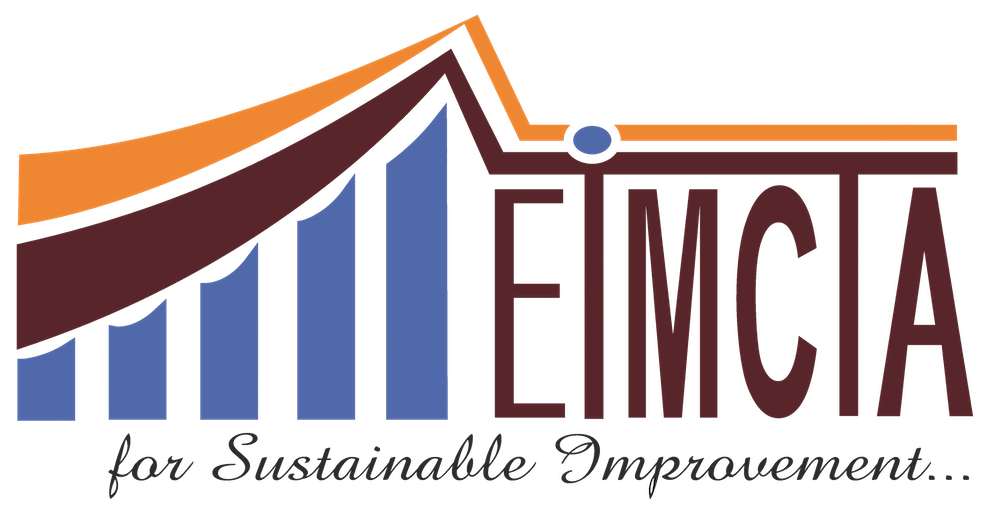ISO 39001 RTSMS (Road Traffic Safety Management System) Internal Auditor training equips individuals with the knowledge and skills necessary to effectively audit and assess compliance with the ISO 39001 standard within their organization. Here an outline of what such training might cover:
Introduction to ISO 39001: Participants receive an overview of the ISO 39001 standard and its significance in managing road traffic safety. This includes understanding the purpose of the standard, its scope, and the benefits of implementing an RTSMS.
Internal Audit Principles: Training covers the principles of internal auditing, including:
· Independence and objectivity.
· Integrity and ethical conduct.
· Confidentiality.
· Competence and professional development.
Requirements of ISO 39001: Participants learn about the specific requirements of the ISO 39001 standard, focusing on clauses related to road traffic safety management, risk assessment, performance monitoring, and continual improvement.
Audit Planning and Preparation: Training includes guidance on planning and preparing for internal audits of the RTSMS, including:
· Defining audit objectives and scope.
· Developing an audit plan and checklist.
· Identifying audit criteria and sampling methods.
· Selecting and training audit team members.
Conducting Audits: Participants learn how to conduct effective internal audits of the RTSMS, including:
· Opening meetings with auditees to explain the audit process and objectives.
· Collecting and verifying evidence against audit criteria.
· Interviewing personnel and reviewing documentation.
· Documenting audit findings and observations.
Audit Techniques and Tools: Training covers various audit techniques and tools that can be used during internal audits of the RTSMS, including:
· Document review.
· Interviews and discussions.
· Observation of processes and practices.
· Sampling and testing.
Audit Reporting and Documentation: Participants learn how to prepare audit reports documenting their findings and observations, including:
· Summarizing audit results and conclusions.
· Identifying areas of non-conformity or improvement opportunities.
· Providing recommendations for corrective action.
· Maintaining audit records and documentation.
Follow-up and Corrective Action: Training includes guidance on following up on audit findings and ensuring that appropriate corrective actions are taken to address identified non-conformities or areas for improvement.
Audit Closure and Review: Participants learn about the process of closing out internal audits, including:
· Reviewing audit findings and corrective actions with auditees.
· Verifying the effectiveness of corrective actions.
· Documenting audit closure and lessons learned for future audits.
Role-play and Practical Exercises: The training program may include role-playing exercises and practical simulations to allow participants to practice their auditing skills in a simulated environment.
